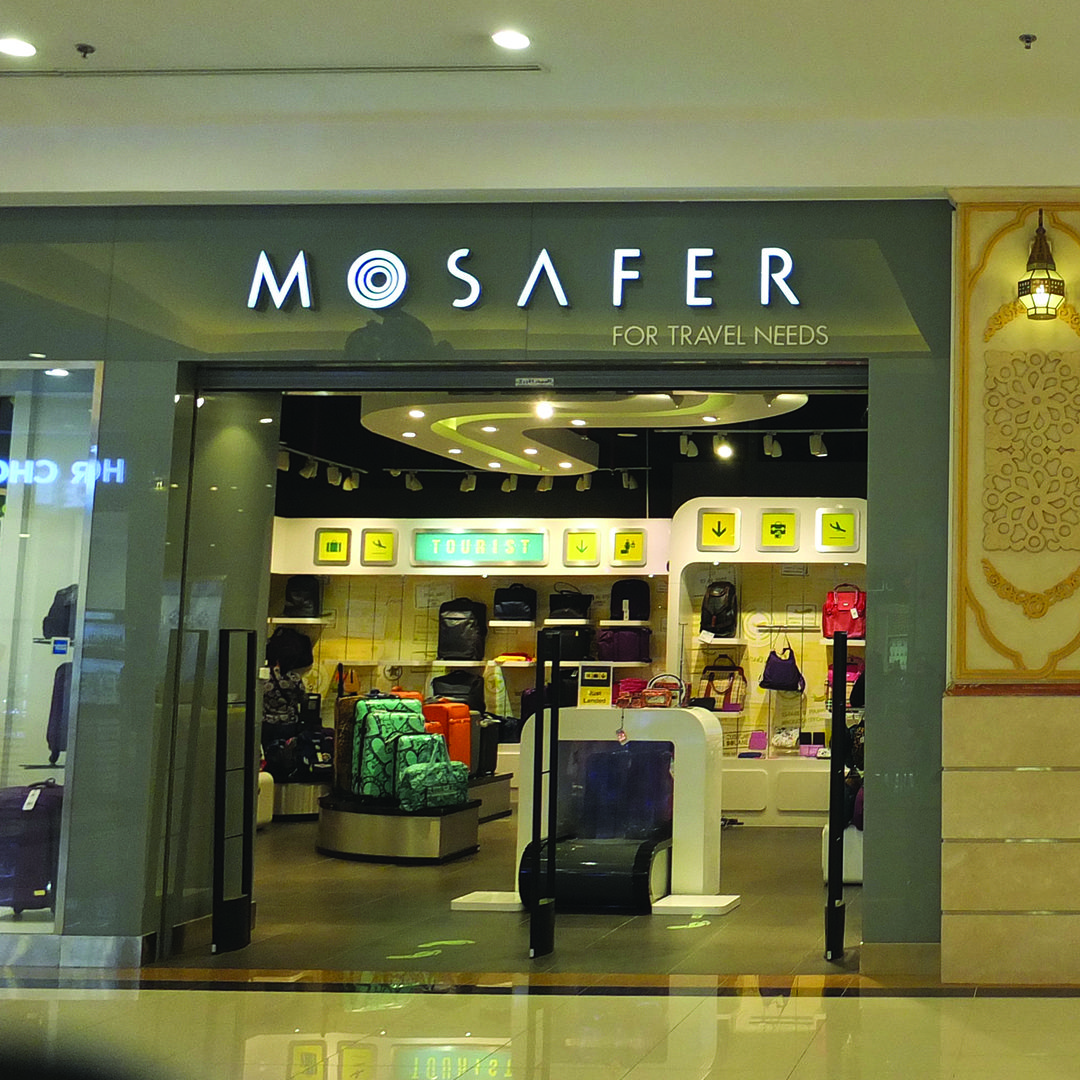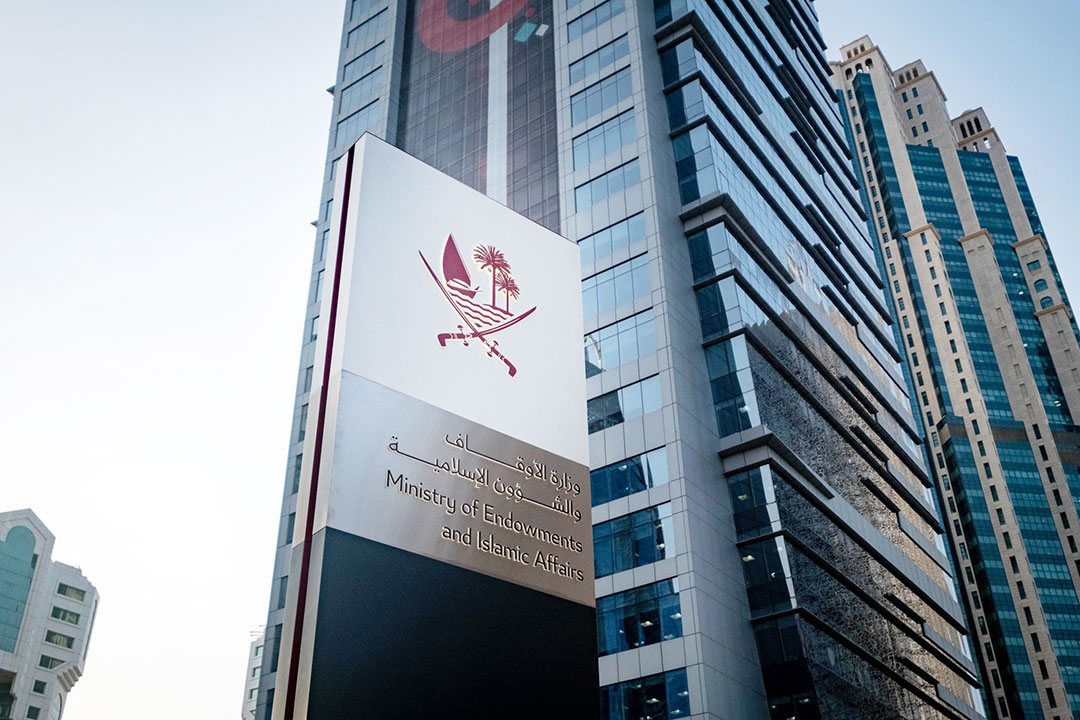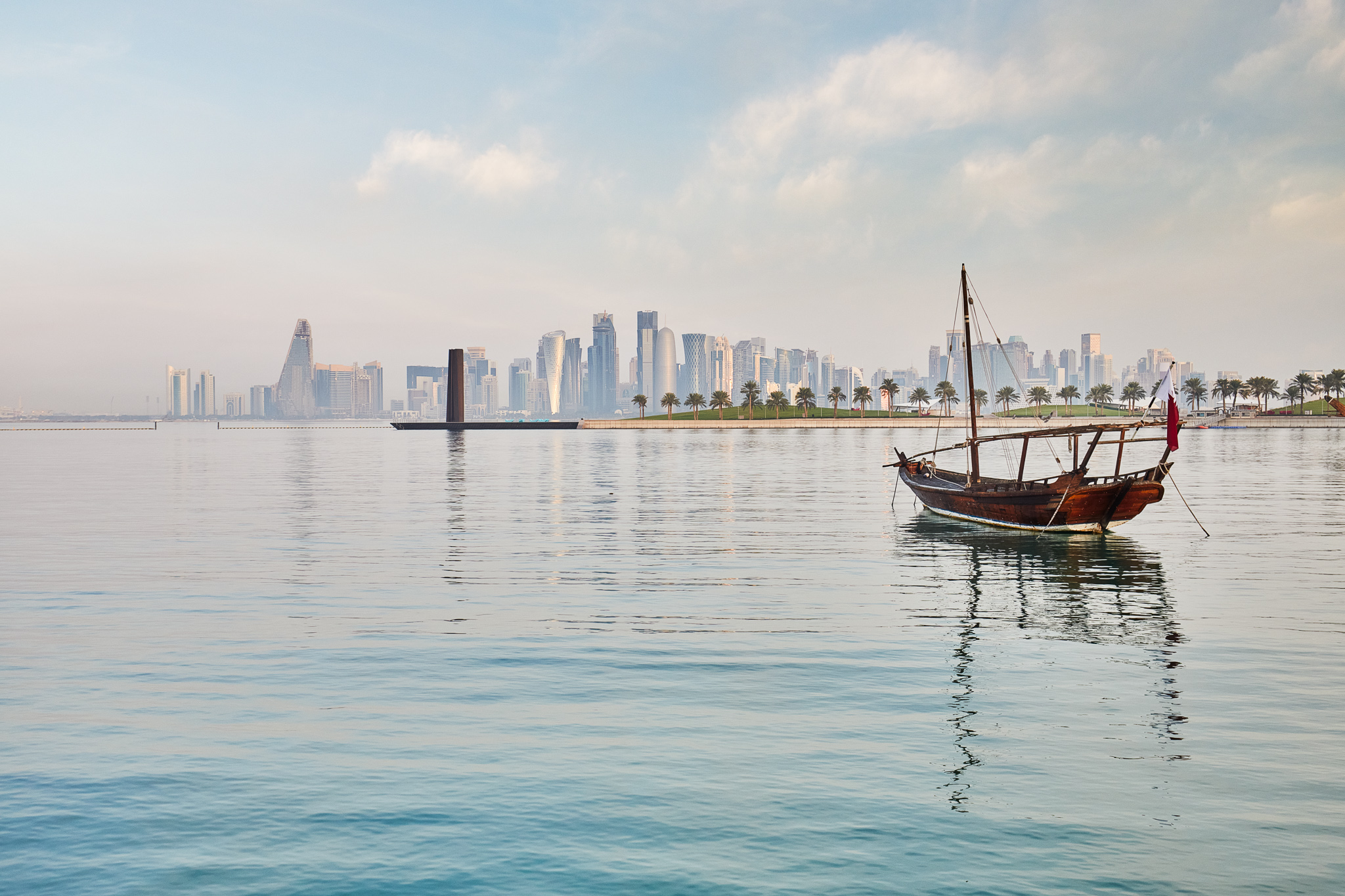The Qatari travel company filed a lawsuit again the two men for illegally orchestrating an attack on Qatar for the UAE.
Luxury travel company Mosafer, Inc. filed a lawsuit in the United States against Elliott Broidy and George Nader for illegally orchestrating and executing a secret attack against Qatar and its businesses on behalf of the United Arab Emirates.
According to the lawsuit, the assault included a widespread misinformation campaign that targeted Qatar and Qatari-American businesses. It also claims that the attack was “in violation of numerous reporting and labelling obligations under the Foreign Agents Registration Act (FARA), 22 U.S.C. § 611 et seq., and other federal and state laws.”
Broidy was the former finance chairman of the Republican National Committee (RNC), vice chairman of the Trump Victory Committee, and top fund-raiser for former US president Donald Trump.
Both Broidy and Nader have criminal pasts.
Nader was the former adviser to Donald Trump’s presidential transition team, and is currently serving a 10-year sentence in federal prison with a lifetime of supervised release for charges including transporting a child into the US for sex and possessing child pornography.
In 2020, Broidy pleaded guilty to conspiring to violate foreign lobbying laws as part of a campaign to influence the Trump administration on behalf of Chinese and Malaysian parties. He was later pardoned.
As per the lawsuit by Mosafer, “in March and April 2018, hundreds of pages of documents, which included emails, business proposals and contracts between Broidy and Nader were provided to various news sources, such as to the New York Times and the Associated Press.” The information presented in these documents supported the claim that Broidy and Nader acted as unregistered agents for the UAE in violation of FARA.
The lawsuit stated that in exchange for hundreds of millions of dollars, Broidy and Nader were able to use their political power to influence the US government to take anti-Qatar positions.
Besides simply lobbying the White House, Broidy and Nader were also responsible for a widespread misinformation campaign, the ‘Disinformation Conspiracy,’ which targeted Qatar and the Gulf state’s business with the aim of causing major financial loss.
Read also: Trump ally Barrack claims he is ‘100% innocent’ in anti-Qatar lobbying case
According to the lawsuit, “…they hired American companies (including Broidy Capital Management and Circinus) and American actors to use conventional print media and social media to disseminate disinformation aimed at crippling Qatar businesses, including Qatar’s then-thriving tourism businesses—and, principally, Mosafer.”
The Qatari owned company Mosafer, Inc. is a destination management company for tourists from Asia, Europe, the US, and the Middle East and North Africa region.
Prior to 2015, Mosafer was recognised globally, with a presence in the Arabian Gulf, as well as Jordan, Turkey, and South Africa. The company has been revered as a market leader on innovation in the tourism industry.
The lawsuit highlights that Broidy and Nader engaged in “information warfare” and tricked the media and consumers by using internet trolls, fake websites and influencers to make the US public believe that Qatari business were sponsors of terrorist groups.
The dissemination of false information led to Qatari businesses, including Mosafer, taking a major hit, making it difficult for the business to maintain a customer base.
More specifically, the Disinformation Conspiracy aimed to convince the public that Qatar and Qatari businesses were unstable and untrustworthy, the political state of the Gulf country was extremely unstable, that travel to and through Qatar was unsafe; and that a boycott of Qatari businesses was necessary to “counteract their terrorism funding activities.”
One example of the campaign’s strategies was a full page advertisement run in the Washington Post in September 2017. The advertisement used the same burgundy colour of both Qatar’s flag, as well as Mosafer’s branding, and stated “Qatar is a safe haven for terrorists.”
The advertisement went on to spread false claims that “Qatar has become a favoured safe-haven for terrorists from around the world. Over 60 terrorist organisations, individuals or NGOs . . . are currently either based out of or supported by the government of Qatar.”
Read also: US Supreme court dismisses Republican’s ‘hacking’ lawsuit against Qatar
As a result of the misinformation campaign, the Mosafer, which was branded to be synonymous with Qatar, lost existing and prospective customers, including many in California.
Mosafer had a massive store in Manhattan on West 57th Street but was forced to close in 2019 due to the campaigns.
The company’s revenue declined by hundreds of millions of dollars on a global scale, with at least 20% of which is attributed to Mosafer’s US entities.
Broidy and Nader allegedly enlisted the help of a network of contractors and mercenaries, such The Iron Group Inc., doing business as Ironistic.com, SCL Social Limited (SCL), Project Associates UK Ltd (Project Associates), Matthew Atkinson (“Atkinson”), and numerous others contractors, including a public affairs, advocacy, and strategic advisory groups.
Examples of this were Bullpen Strategy Group, Inc. doing business as Definers Corp. (Definers), as well as John Does 1-100 (collectively, Defendants).
The companies, contractors, mercenaries and agents who hid behind aliases were able to implement this campaign against Qatar. These companies were also named in the lawsuit.
“Defendants relied on a vast internet network that utilised concocted maligning “hashtags” to ensure that, when a consumer in California, for example, decided to search the internet for information about Plaintiffs and like businesses, merely including the word “Qatar” in a search bullion would fast track that searcher into universe of fake news websites, Twitter accounts, YouTube accounts, and other social-media planted information—all of which were creatures of manipulation,” the lawsuit said.
Previous attacks on Qatar
In June, the US Supreme Court ruled that it would not review Broidy and his firm’s, BCM, claims over the alleged hacking of emails by the Qatari government.
According to Law 360, the US court did not provide reasoning behind the dismissal of Broidy’s allegations which comes following an unanimous Ninth Circuit ruling that also rejected his claims under the Foreign Sovereign Immunities Act.
The Republican backed his claims by insisting that Qatar carried out the breach in retaliation for his public statements regarding its alleged support for terrorism amid the 2017 Saudi-led blockade.
The Ninth Circuit ruled last year that Qatar is immune to Broidy’s lawsuit, with Judge Collins saying that the ruling neither affirms that the hacking occurred or serves an endorsement of any kind.
The panel found that his claims did not fall in line with the two Foreign Sovereign Immunities Act exceptions he had cited, which included using his data for commercial or tortious activity.
Follow Doha News on Twitter, Instagram, Facebook and Youtube







